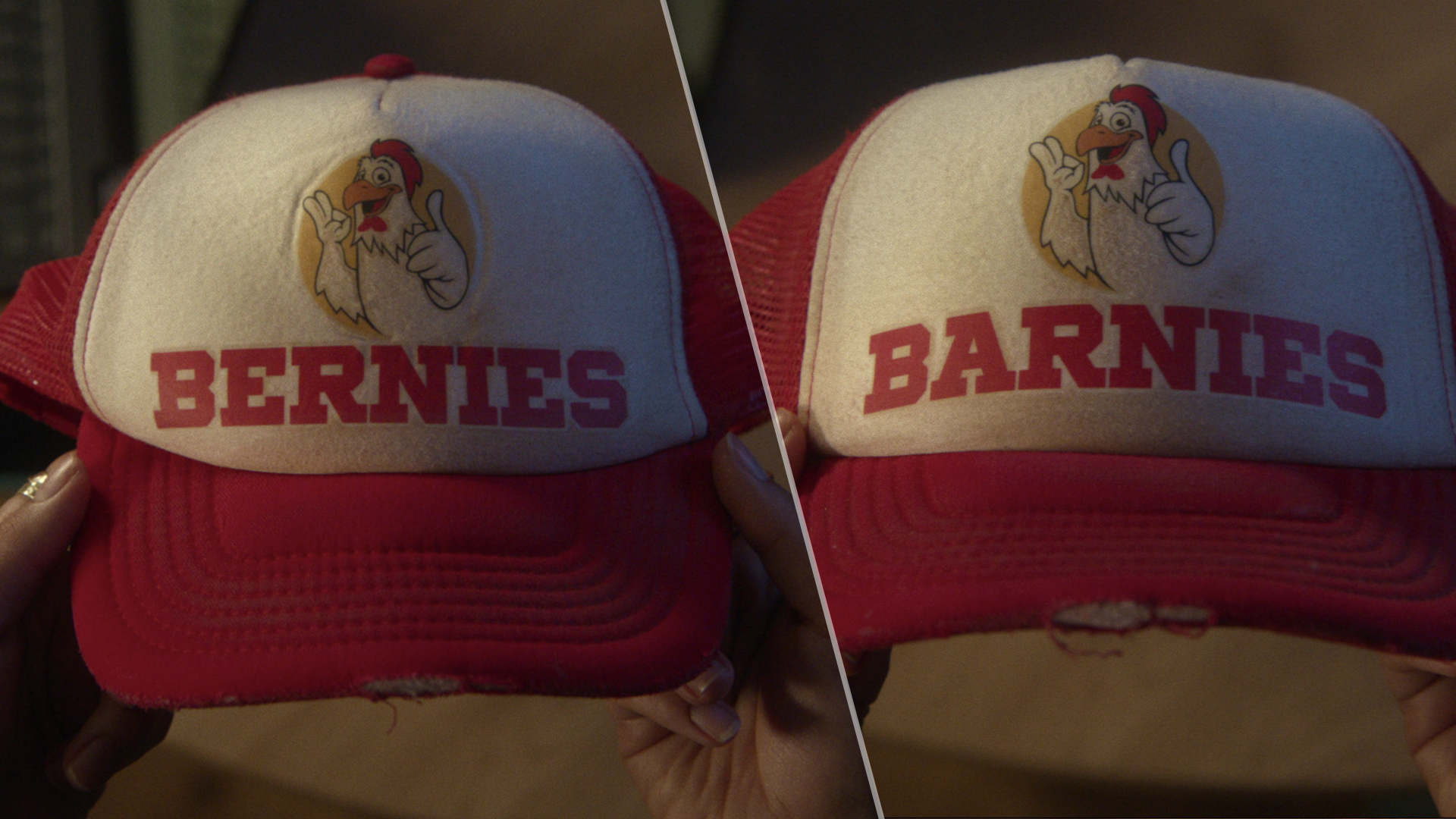5 tips for buying the perfect back to school laptop
Quick tips to get you ready for back to school laptop shopping
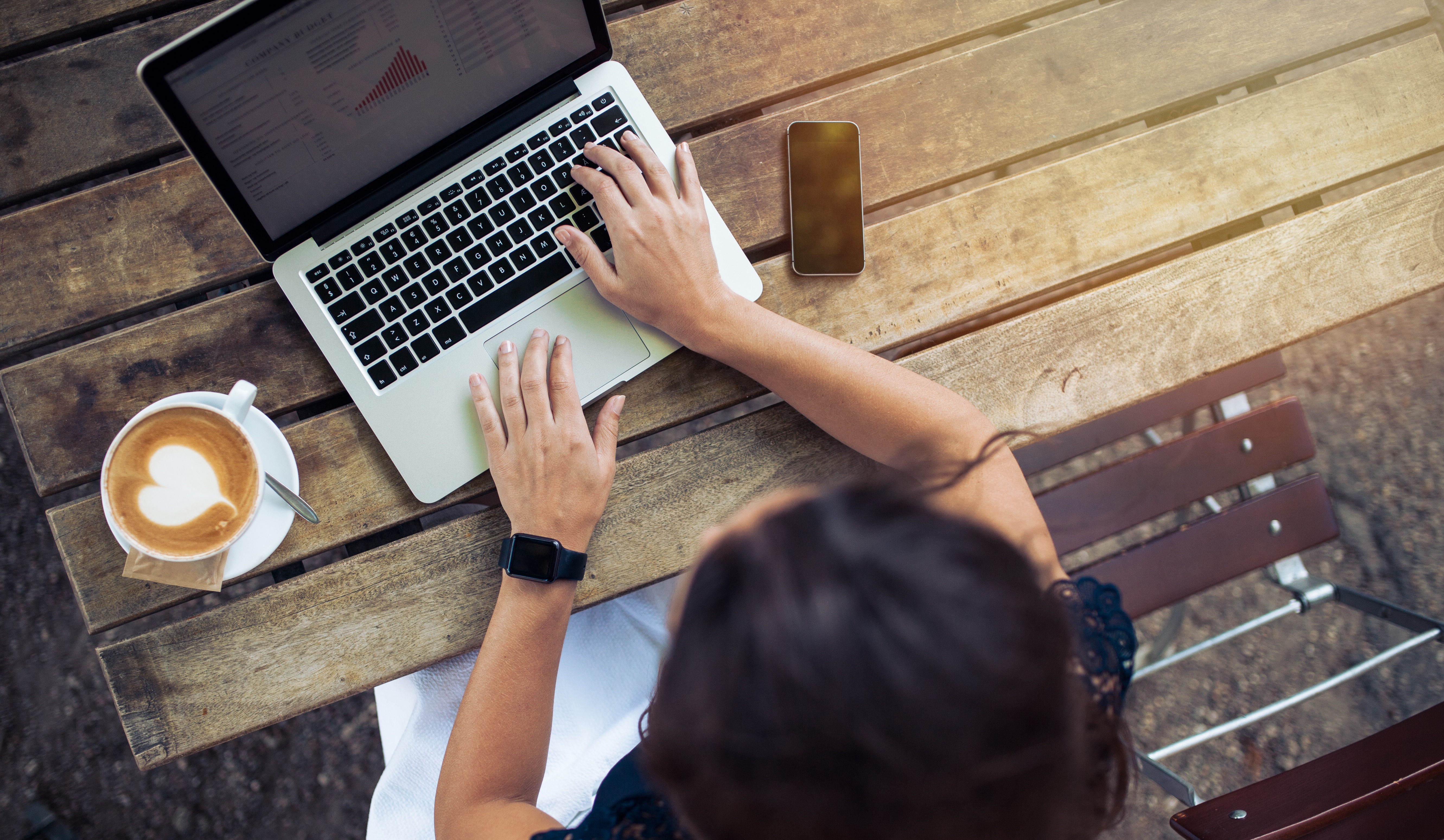
Back to school sales are starting to crop up at major retailers, even though we're still in the middle of summer.
This is good news if you could use a new laptop, because major retailers like Amazon and Best Buy are going to be running some big back to school sales with savings on some of the best laptops from companies like Apple, Dell and Lenovo.
To help you figure out which laptop will be best for your needs, we've compiled this list of quick tips for finding the perfect school laptop based on both conversations with parents and my own experience reviewing dozens and dozens of laptops. Keep this advice in mind as you browse the best back to school laptop deals and sales this summer.
Here at Tom's Guide we work hard to help you find the right tech for you at a great price, and you can check out our ultimate back to school guide for the latest deals on laptops, tablets, phones and more.
Weight is key when lugging your laptop between classes
While more students than ever are participating in remote learning arrangements these days, there's still plenty that find themselves schlepping a backpack to a classroom or lecture hall on a regular basis. If there's a chance you'll need to carry this laptop for long periods around campus or to various classrooms, make sure you consider how much it weighs before clicking the Buy button.
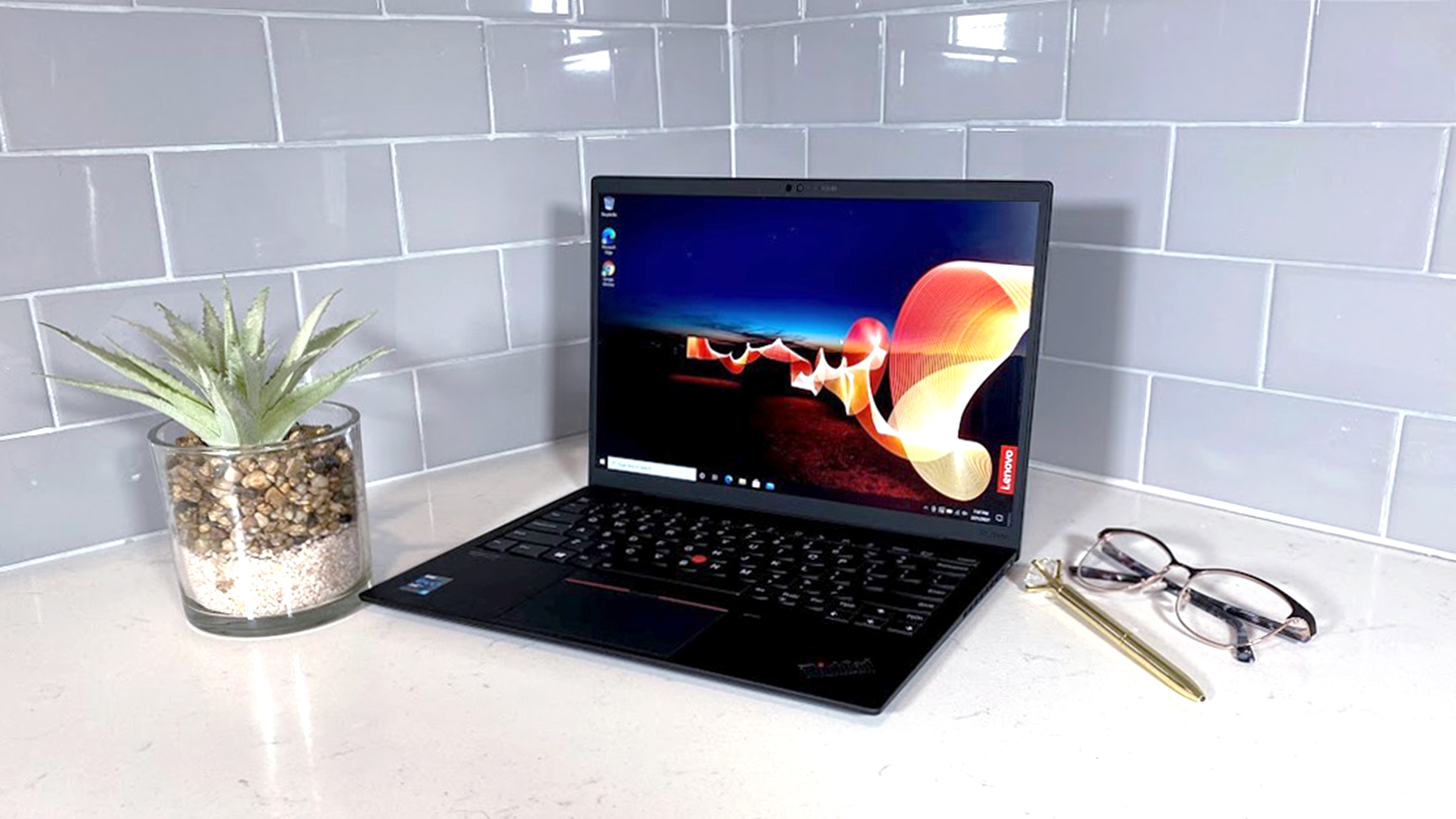
In my experience, anything around 3 pounds is pretty easy to carry for hours, at least for a grown adult in reasonably good health. Go much beyond 3 pounds though, and you'll start to notice when you're lugging the thing around. This is a common problem with the best gaming laptops, which can be great for demanding engineering coursework but murder on the shoulders when toted around.
If you really prize light weight in a laptop, you can even get some that are as light as 2 pounds. Lenovo has some really lightweight models that are great for coursework, like the 2.5-pound Lenovo ThinkPad X1 Titanium Yoga (which also folds into a tablet, if you'd like a 2-in-1 laptop for school) or the 2-pound Lenovo ThinkPad X1 Nano.
Don't skimp on battery life
Again, if there's a chance you'll need to rely on this laptop all day you'll want to make sure you buy one with great battery life. There's nothing worse than getting to your last class of the day, only to find out your laptop is dead and you forgot to bring the charger.
Ideally you don't want to be lugging a charger, a power bank or anything more than you have to, so make sure to vet a laptop's battery life before you buy. Don't trust the manufacturer's advertised battery life, either; while some laptops (mostly MacBooks) do last as long as claimed, the vast majority do not.
We know that because here at Tom's Guide we put each laptop we review through a gauntlet of performance tests, including a battery rundown test that tasks the laptop with endlessly surfing the web via Wi-Fi with the screen brightness set to 150 nits.
While you shouldn't take our battery test results as a promise that you'll get the same use time between charges (because you'll likely have the screen set brighter than we do in our test, for one thing), you can use it as a more accurate general estimate and use it to compare laptops to see which last the longest. In fact, we've compiled a list of some of the longest-lasting laptops we've ever tested, which you can see below:
| Laptop | Battery life (tested) |
| Dell XPS 13 OLED | 7:59 |
| Asus Zenbook 13 OLED | 15:00 |
| MacBook Pro 13-inch (M2, 2022) review | 18:20 |
| M1 MacBook Air | 14:41 |
| MacBook Pro 2021 (14-inch) | 14:09 |
| Microsoft Surface Laptop Studio | 10:30 |
| Framework Laptop | 10:17 |
| Microsoft Surface Laptop 4 | 10:46 |
| Acer Swift 3 | 11:09 |
| Microsoft Surface Pro 8 | 9:06 |
| Dell XPS 15 OLED | 6:58 |
| MacBook Pro 2021 (16-inch) | 15:31 |
| Lenovo Yoga 9i | 11:15 |
| Lenovo ThinkPad X1 Nano | 12:00 |
| Alienware m15 R4 | 4:01 |
| HP Elite Dragonfly | 12:25 |
| Asus Zenbook Duo 14 | 10:37 |
| Lenovo IdeaPad Chromebook Duet | 12:47 |
| Google Pixelbook Go | 11:29 |
| Acer Chromebook Spin 713 | 11:54 |
As you can see the Dell XPS 13 lags a bit behind the rest, and I include it only because an 8-hour tested battery life is really the minimum you should expect from a good laptop. It's a little short for a full day of classes though, so I recommend you go with something lighter and longer-lasting like the MacBook Air (2020, M1) or the Asus Zenbook 13 OLED.
Make sure you have enough power for your needs
There's a smorgasbord of laptops out there waiting to be bought, and they range from barely powerful enough to run Chrome to beefy enough that you could play the best PC games with all the settings maxed out. But you generally get what you pay for, so make sure you don't pay too much (or too little) for a laptop with components that don't match your needs.
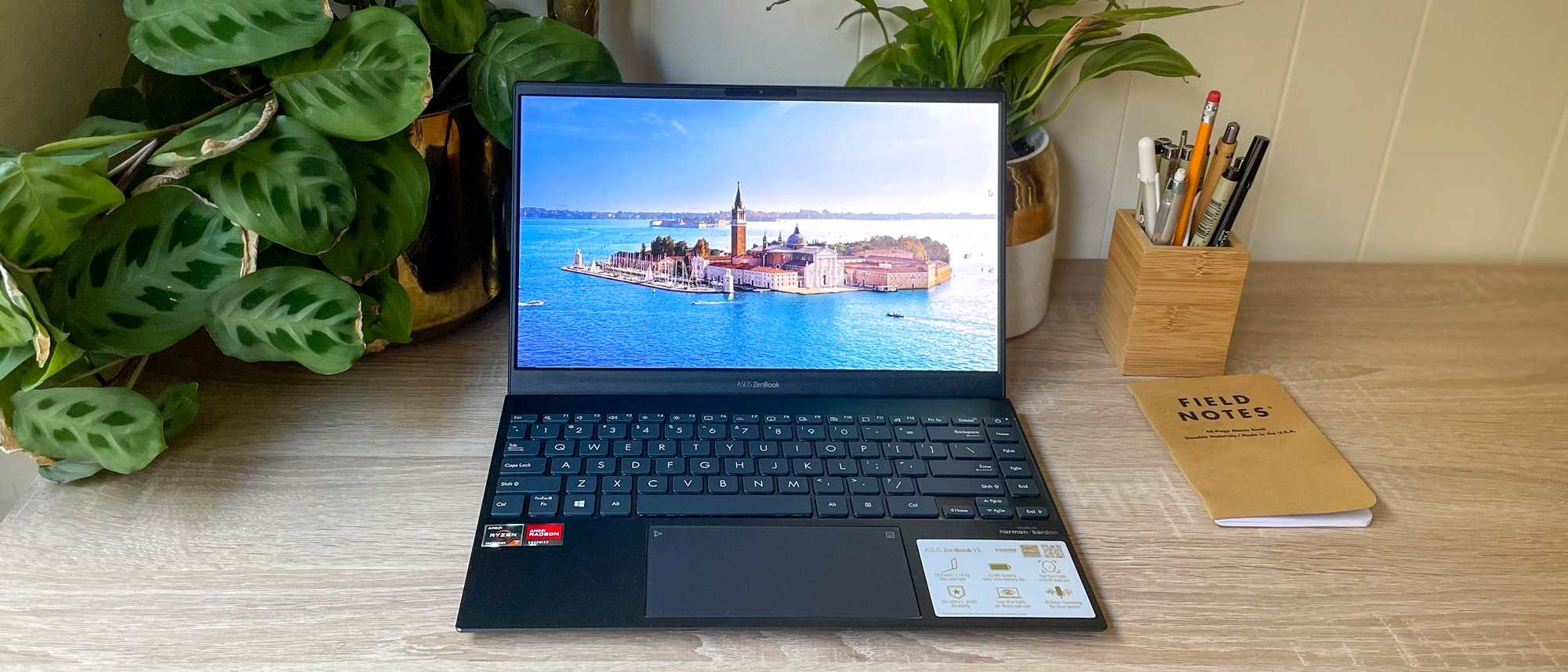
Specifically, try to stay away from anything with less than an Intel Core i5 (or AMD Ryzen 5) CPU, 8GB of RAM and a 256GB storage drive. The afore-mentioned Asus Zenbook 13 meets these requirements and is pretty affordable.
You'll get even better performance if you get something with a newer or more powerful CPU, more RAM, or a discrete graphics card, but unless you're planning to do more than browse the web and write papers you won't have much need for the upgrade in power.
That said, if you do want something powerful that's still relatively easy to carry around all day, I recommend the Asus ROG Zephyrus G14. It's a gaming laptop, but unlike most gaming laptops it's relatively light and compact, has decent battery life (when you're not playing games), and packs enough horsepower under the hood to tackle serious engineering, video editing and game development work. Apple's MacBook Pro 13-inch M2 is also a great investment if you need something powerful that excels at photo/video editing, with great battery life.
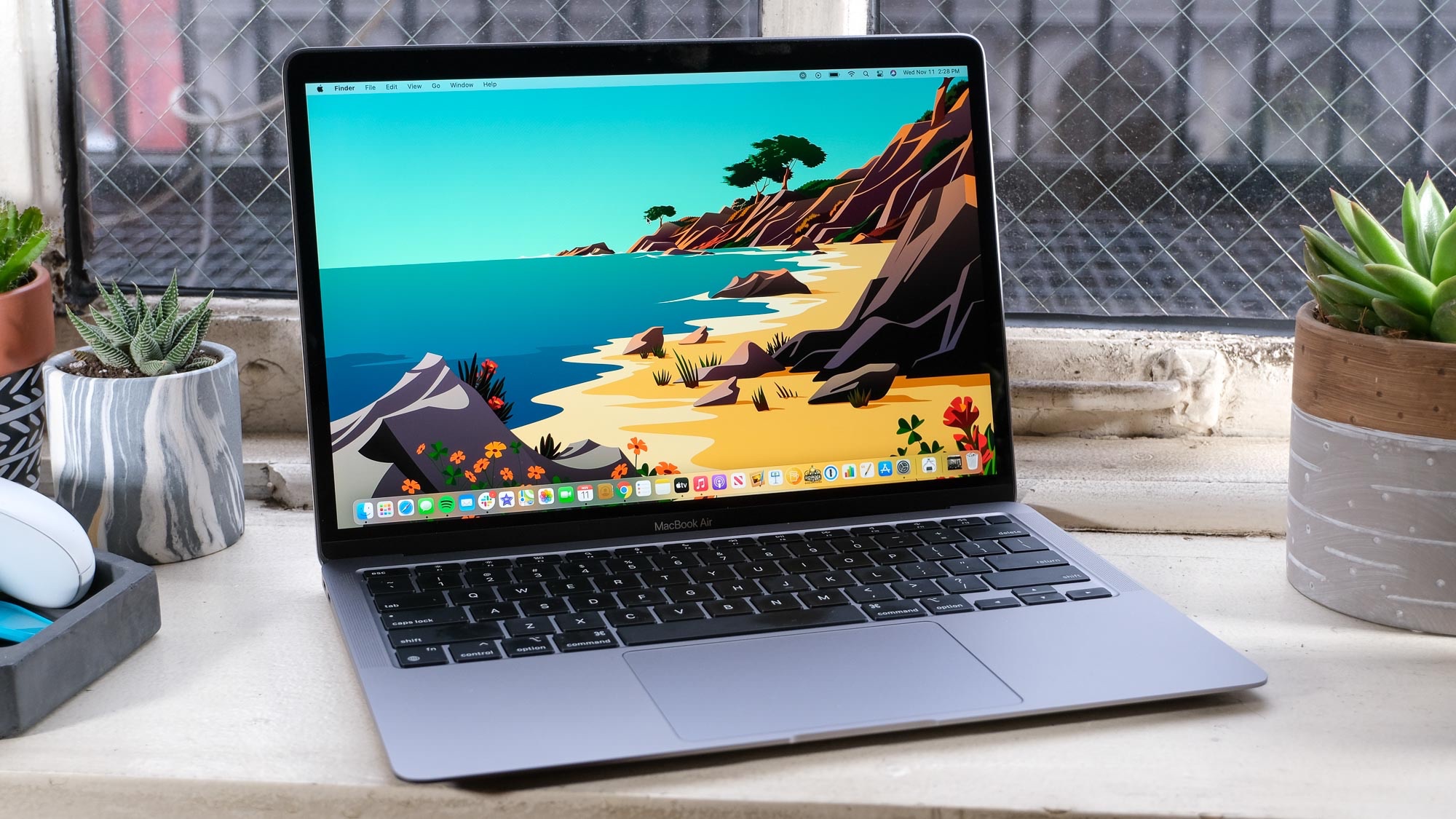
Conversely, if you get something with less impressive specs you may find yourself handicapped by poor performance. Laptops with an Intel Core i3 CPU or anything less powerful tend to labor pretty hard with demanding apps, and if you get less than 8GB of RAM you may find your laptop has a hard time multi-tasking or takes a long time to load things.
256GB of storage is less important to have, especially if you're planing to mostly do homework and surf the web on this laptop, but if you get much less you'll likely need to spend time regularly cleaning out your hard drive to make room for new stuff. Remember, the operating system (Windows or Mac, usually) itself takes up a fair bit of space on your drive, so you won't get to use all the storage you pay for. If you buy a laptop with 128GB or even (God forbid) 64GB, you'll quickly see how painful this juggling act can be.
Do you want a touchscreen and/or a 2-in-1?
Laptop designs are no longer limited to the traditional clamshell, and there's now a slew of great laptops out there with touchscreens designed to fold down onto the laptop, turning it into a heavy tablet.
Such functionality may be superfluous if you're planning to use the laptop purely for writing, but if you want to do any kind of digital artwork a convertible 2-in-1 is a great choice. Personally, I like them simply because you can "tent" them at different angles for more comfortable viewing, which is great when you're relaxing between classes and streaming movies.
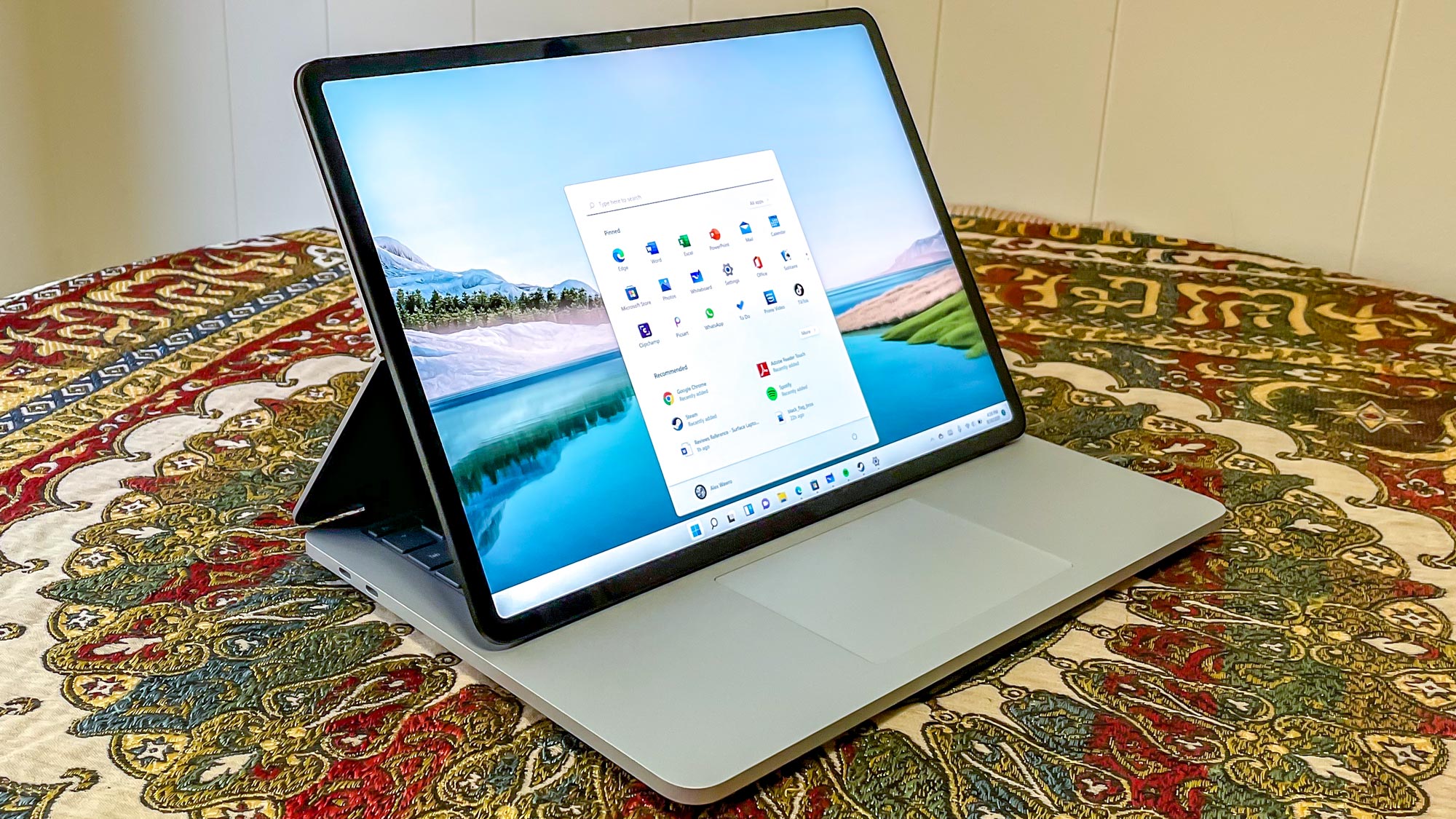
I've also heard from parents that some schools require their students to have laptops with touchscreens that support a stylus. If that's what you're after, check to make sure whatever laptop(s) you're considering have touchscreens and offer USI (Universal Stylus Initiative) support. That means you'll be able to buy a USI-certified stylus and be confident it will work with your new laptop.
I remember one parent in particular mentioned their child was attending an engineering program that suggested students bring laptops that had both a discrete GPU and an active stylus (an active stylus is one with power that connects via Bluetooth, while a passive stylus does not). Few laptops meet that requirement, but the Microsoft Surface Laptop Studio does, and it happens to be a great 2-in-1 ultraportable to boot.
Port selection is important
You'll likely want to plug more into your laptop than the power charger, so make sure it has the right ports for your needs before making a purchase. Headphone jacks, for example, are great for when you want to listen to music while doing homework in a study hall, but nowadays some ulaptops have ditched the headphone jack (looking at you, Dell XPS 13 Plus) in the name of being as thin and light as possible. Of course, you could always use Bluetooth headphones, but then you're having to worry about keeping another device charged all the time.
Likewise, if you want to use accessories like a keyboard or mouse with your laptop you'll want to make sure it has the right USB ports in enough quantity to satisfy your needs. These days most modern accessories connect via USB-C (which looks like a flat, wide oval), but there's still piles and piles of gadgets out there than connect via the older USB-A (which looks like a rectangle). Check out what gear you plan to plug into the laptop, then vet it to make sure you can hook everything up without too much trouble.
If you make a mistake it's not the end of the world, as you can still use dongles and adapters to connect your accessories. However, that again means you'll be carrying around more bits of tech in your bag that could easily be lost.
Bottom line
If you keep these 5 tips in mind, you should be well-equipped to find the perfect laptop for you during the back to school shopping season. For more recommendations on great laptops for students, check out our guide to the best college laptops.
Sign up to get the BEST of Tom's Guide direct to your inbox.
Get instant access to breaking news, the hottest reviews, great deals and helpful tips.

Alex Wawro is a lifelong tech and games enthusiast with more than a decade of experience covering both for outlets like Game Developer, Black Hat, and PC World magazine. A lifelong PC builder, he currently serves as a senior editor at Tom's Guide covering all things computing, from laptops and desktops to keyboards and mice.
